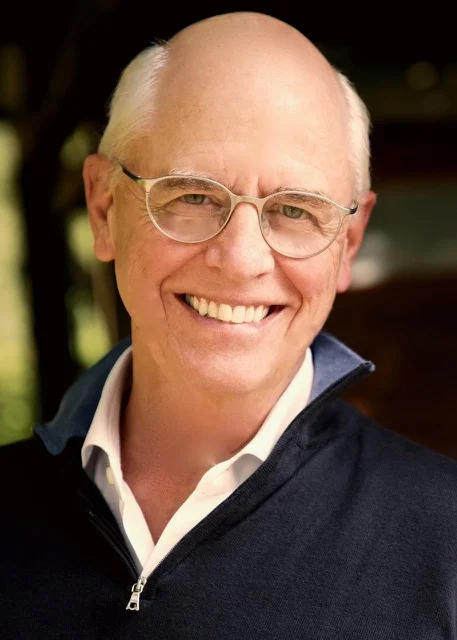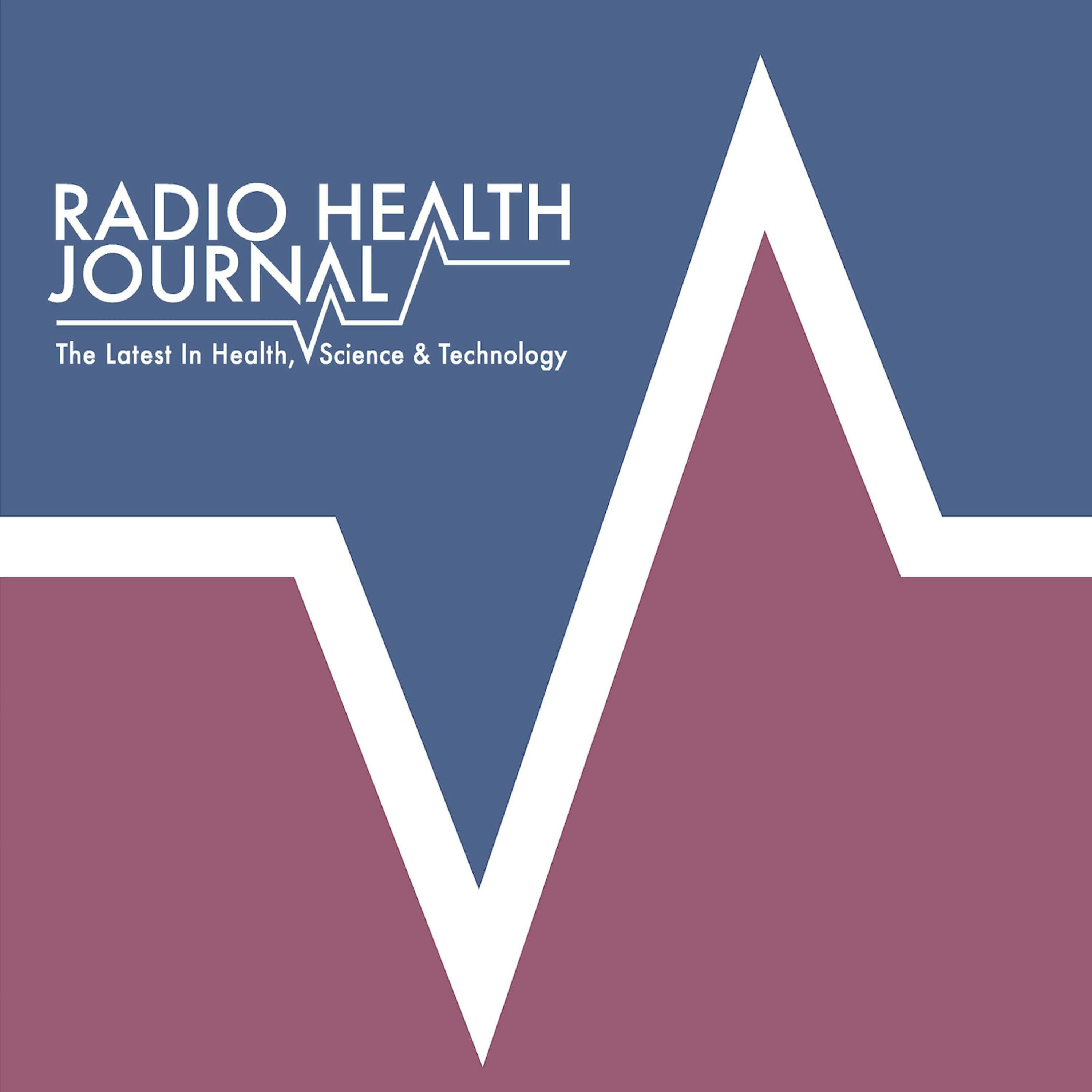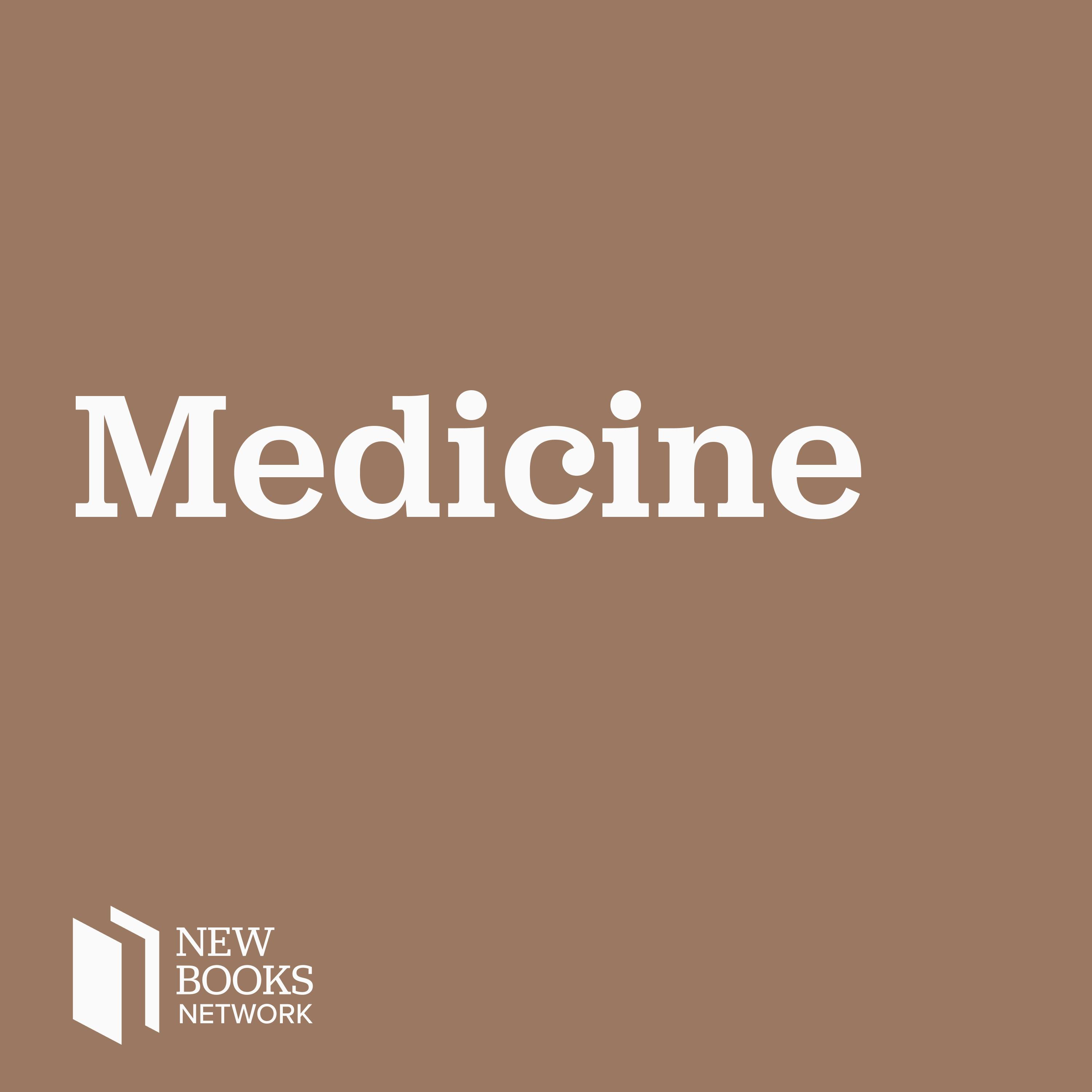Science History - Daily: This Moment in Science History for 01-23-2025
Update: 2025-01-23
Description
On January 23rd, 1849, Elizabeth Blackwell became the first woman to receive a medical degree in the United States. Her achievement paved the way for future generations of women in medicine and marked a significant milestone in the fight for gender equality in the field.
Born in England in 1821, Blackwell and her family immigrated to the United States when she was 11 years old. Despite facing numerous obstacles and discrimination, she was determined to pursue a career in medicine. After being rejected by multiple medical schools, Blackwell was finally accepted into Geneva Medical College (now Hobart and William Smith Colleges) in New York.
Throughout her studies, Blackwell faced hostility and isolation from her male classmates and professors. Many believed that women were intellectually inferior and unsuited for the rigors of medical education. Undeterred, Blackwell excelled academically and earned the respect of her peers.
On January 23rd, 1849, Elizabeth Blackwell graduated first in her class, becoming the first woman to receive a medical degree in the United States. Her graduation ceremony was attended by a curious crowd, eager to witness this historic moment.
After completing her studies, Blackwell faced further discrimination when trying to establish her medical practice. She eventually opened a small dispensary in New York City to treat poor women and children. In 1857, she founded the New York Infirmary for Women and Children, which provided medical care and training opportunities for women doctors and nurses.
Blackwell's groundbreaking achievement inspired other women to pursue careers in medicine. Her sister, Emily Blackwell, followed in her footsteps and became the third woman to earn a medical degree in the United States. Together, the Blackwell sisters played a crucial role in opening the doors for women in the medical field.
Today, Elizabeth Blackwell's legacy continues to inspire and empower women in medicine. Her determination, resilience, and commitment to breaking down gender barriers have made her an enduring symbol of progress and equality in the history of science and medicine.
Born in England in 1821, Blackwell and her family immigrated to the United States when she was 11 years old. Despite facing numerous obstacles and discrimination, she was determined to pursue a career in medicine. After being rejected by multiple medical schools, Blackwell was finally accepted into Geneva Medical College (now Hobart and William Smith Colleges) in New York.
Throughout her studies, Blackwell faced hostility and isolation from her male classmates and professors. Many believed that women were intellectually inferior and unsuited for the rigors of medical education. Undeterred, Blackwell excelled academically and earned the respect of her peers.
On January 23rd, 1849, Elizabeth Blackwell graduated first in her class, becoming the first woman to receive a medical degree in the United States. Her graduation ceremony was attended by a curious crowd, eager to witness this historic moment.
After completing her studies, Blackwell faced further discrimination when trying to establish her medical practice. She eventually opened a small dispensary in New York City to treat poor women and children. In 1857, she founded the New York Infirmary for Women and Children, which provided medical care and training opportunities for women doctors and nurses.
Blackwell's groundbreaking achievement inspired other women to pursue careers in medicine. Her sister, Emily Blackwell, followed in her footsteps and became the third woman to earn a medical degree in the United States. Together, the Blackwell sisters played a crucial role in opening the doors for women in the medical field.
Today, Elizabeth Blackwell's legacy continues to inspire and empower women in medicine. Her determination, resilience, and commitment to breaking down gender barriers have made her an enduring symbol of progress and equality in the history of science and medicine.
Episode: https://www.spreaker.com/episode/this-moment-in-science-history-for-01-23-2025--63841872
Podcast: https://www.spreaker.com/podcast/science-history-daily--6073102
Comments
In Channel

























